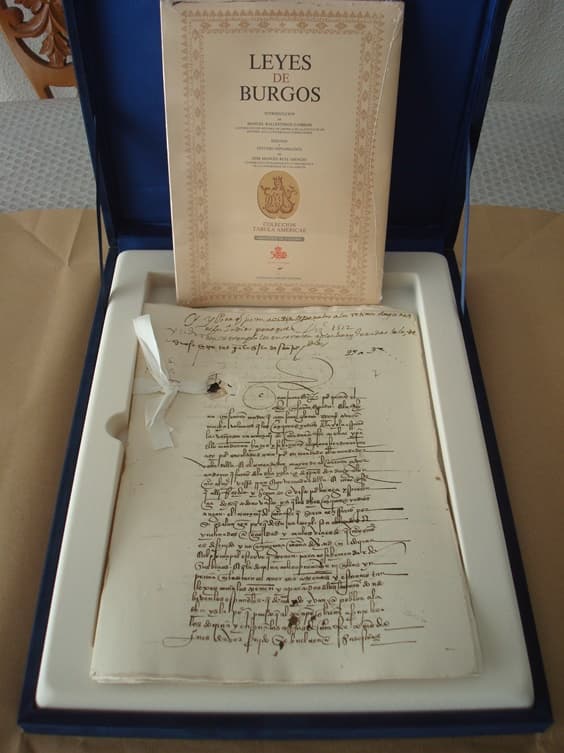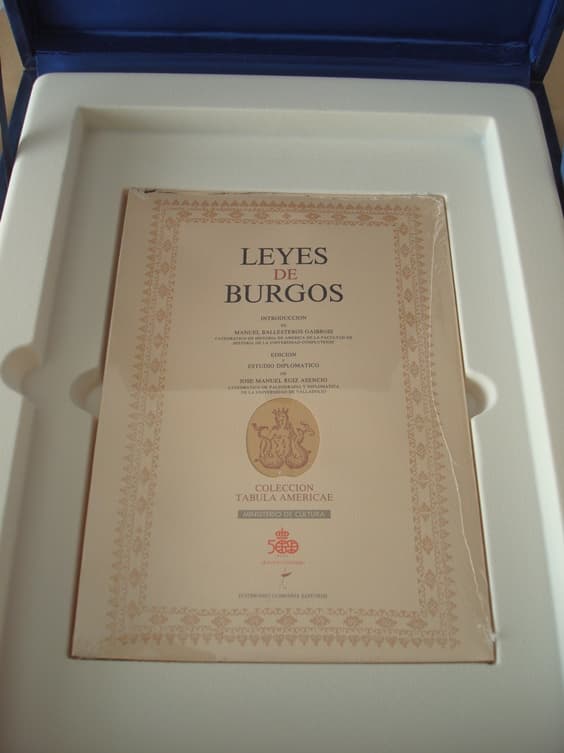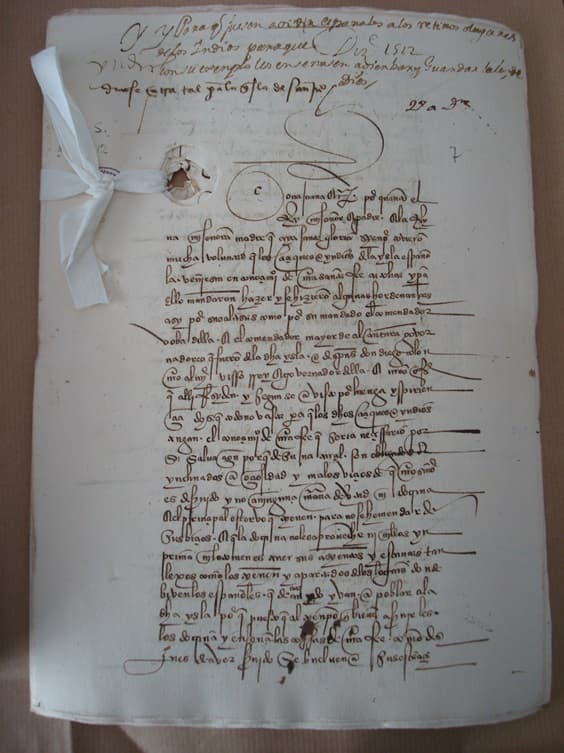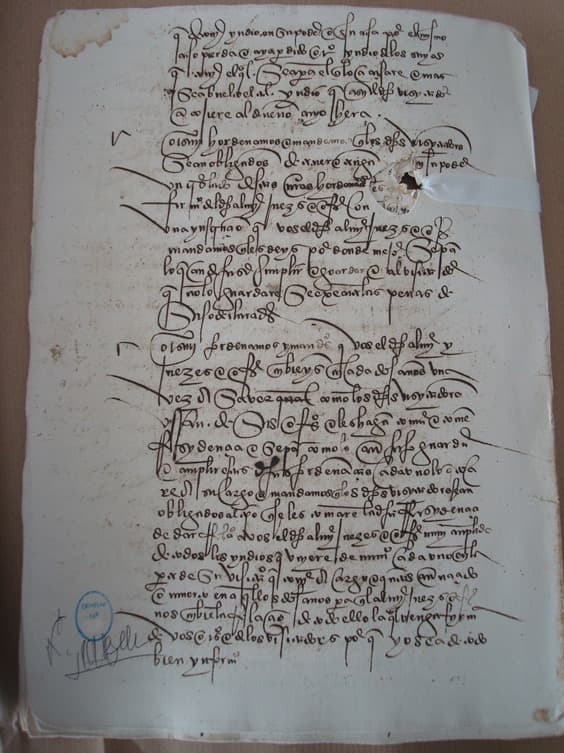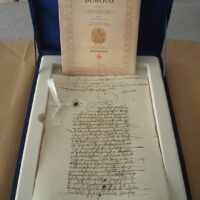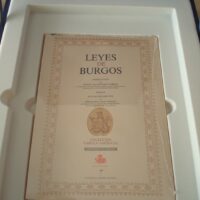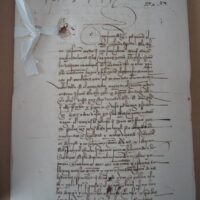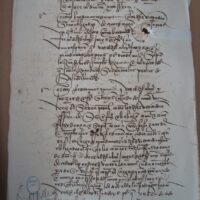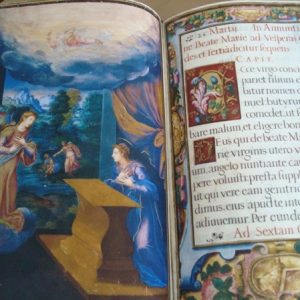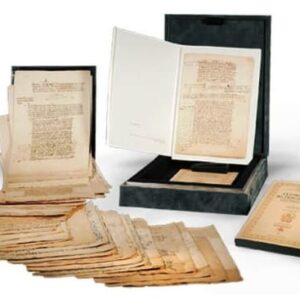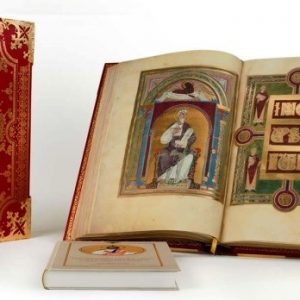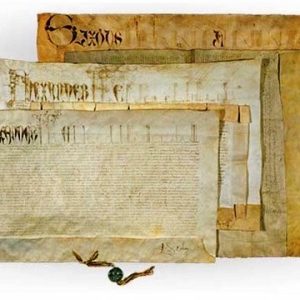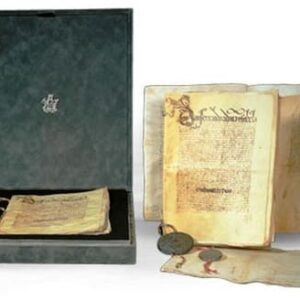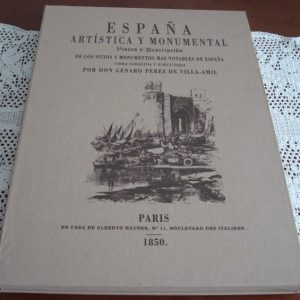Description
Facsimile edition of 1991 by the publisher Testimonio of the “Laws of Burgos of 1512”, or in its original title “Royal Ordinances for the good regiment and treatment of the Indians”.
A set of ordinances issued in 1512 by King Ferdinand the Catholic, on behalf of his daughter Doña Juana I of Castile. Members of the Royal Council and the most prominent experts and jurists of the time participated in its drafting. The bases of what De las Casas would call the republic of Indians and the republic of Spaniards were thus established. The 14 folios (28 pages) in 22 x 31 cm format of this historic document are in the General Archive of Simancas and are presented in the traditional way with a cotton ribbon, on special aged laid paper.
The complementary volume (ISBN 9788486290382) of 104 pages has an introduction by Manuel Ballesteros and a diplomatic study by José Manuel Ruiz Asencio. Format 16.8 x 23.5 cm and bound in paperback with a dust jacket with flaps. The presentation of the whole set is in a blue velvet case (measuring 30.5 x 40 x 5 cm). It is part of the Tabula Americae Collection on the occasion of the Fifth Centenary.
Numbered edition limited to 980 copies authenticated with a notarial certificate.
The Laws of 1512 consist of 35 ordinances, very exhaustive, whose common denominator is the protective and humanizing function of the indigenous, in order to form their own civil status, based on dignity, work and freedom. In them a general conception of the relations between conquerors and conquered in the New World is developed; Therefore they are the first colonial code of modern Europe. Furthermore, they enshrine the encomienda and prescribe an extensive program of forced acculturation of Native Americans.
The so-called Laws of Burgos, in their original name ROYAL ORDINANCES FOR THE GOOD REGIMENT AND TREATMENT OF THE YNDIOS, were approved in the City of Burgos on December 27, 1512 and were sanctioned by King Ferdinand the Catholic, at the time king of Aragon. and regent of Castile.
Complete copy and in perfect condition, new, unused. A PDF file is delivered with the transcription of the original text.
Free shipping for this item. Ask us any questions, indicating the article reference.




